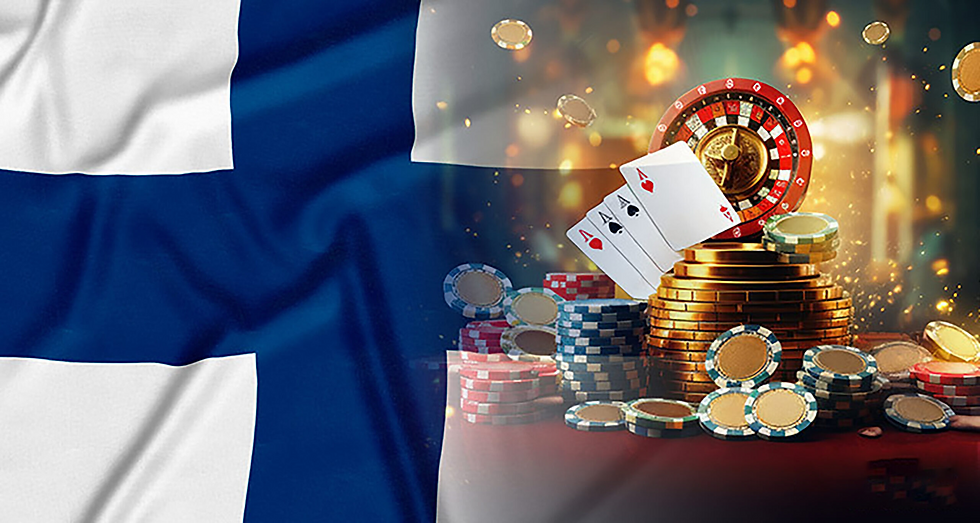Macau Tightens Oversight on Gaming Industry, Shifts Focus Toward Economic Diversification
- Flexi Group
- Apr 24
- 3 min read
Macau’s gaming sector is poised for stricter regulatory scrutiny and a major policy shift towards diversification beyond gambling, Secretary for Economy and Finance Tai Kin Ip said Wednesday, as he unveiled the government’s economic agenda for 2025. Addressing lawmakers in the Legislative Assembly during his annual policy speech, Tai cautioned that while the overall economy remains stable, the territory’s reliance on gaming faces significant headwinds from intensifying global competition and changing consumer behavior.

Tai pointed to stagnant performance in the first quarter of the year, stating that gross gaming revenue had been “practically unchanged year-on-year,” and warned that government revenue projections might not be met. “We must carefully assess the economic situation and respond prudently,” he said. “The challenges and risks should not be overlooked.”
The International Monetary Fund added to the cautionary outlook by cutting its forecast for Macau’s GDP growth in 2025. In its latest World Economic Outlook published Tuesday, the IMF slashed the city’s growth estimate from 7.3 percent—initially projected in October 2024—to just 3.6 percent. The downgrade reflects ongoing concerns over the pace of recovery in the gaming industry and broader economic vulnerabilities.
Data from the first quarter of 2025 showed total gaming revenue increasing by only 0.6 percent compared to the same period last year, reaching MOP57.66 billion ($7.21 billion). That translates to an average of MOP19.2 billion ($2.40 billion) per month—falling slightly short of the government’s target of MOP240 billion ($30 billion) for the full year, or MOP20 billion ($2.50 billion) per month.
To address these challenges, Tai announced the formation of an interdepartmental working group led by the Economic and Finance authorities. This team will monitor the compliance of casino concessionaires with their investment commitments and help redirect capital toward Macau’s strategic industries and the neighboring Hengqin cooperation zone. “We will continue to strictly supervise the healthy and orderly development of the gaming sector according to the law, enhancing the smart management of the sector,” he said. “At the same time, we will actively develop non-gaming elements to strengthen Macau’s global competitiveness.”
Tai outlined plans to push gaming operators toward investing more heavily in areas such as arts and culture, sports, exhibitions, and leisure tourism. “Our mission is to promote the adequate diversification of the economy,” he said. He added that all gaming companies must align with Macau’s “1+4” diversification strategy, which focuses on emerging pillars like modern finance, high and new technology, traditional Chinese medicine, and conventions and exhibitions.
The Secretary also addressed growing geopolitical uncertainties, saying, “The intensification of unilateralism and protectionism has impacted economic development and the stability of global supply chains.” As a small, open economy, he noted, Macau remains highly susceptible to these global economic currents.
Despite the economic headwinds, Tai emphasized his confidence in Macau’s long-term prospects, citing support from Beijing as a key strength. “Having the strong support of the Motherland and being closely connected to the world has always been Macau’s greatest advantage,” he said.
The government is also expanding efforts to attract more diverse international tourists, particularly from emerging markets in Southeast Asia, South Asia, and South America. A targeted campaign to appeal to younger Generation Z travelers will accompany the opening of new overseas offices for economic, trade, tourism, and cultural affairs, designed to strengthen Macau’s international engagement.
Still, the focal point of Tai’s remarks remained the city’s most crucial sector—gaming—and the administration’s commitment to ensuring that it evolves in step with broader economic goals. By imposing tighter oversight and pressing operators to invest in non-gaming ventures, Macau’s leadership is aiming to forge a more resilient and diversified economy.
“We are full of confidence and determination for the future,” Tai concluded.
By fLEXI tEAM





Comments